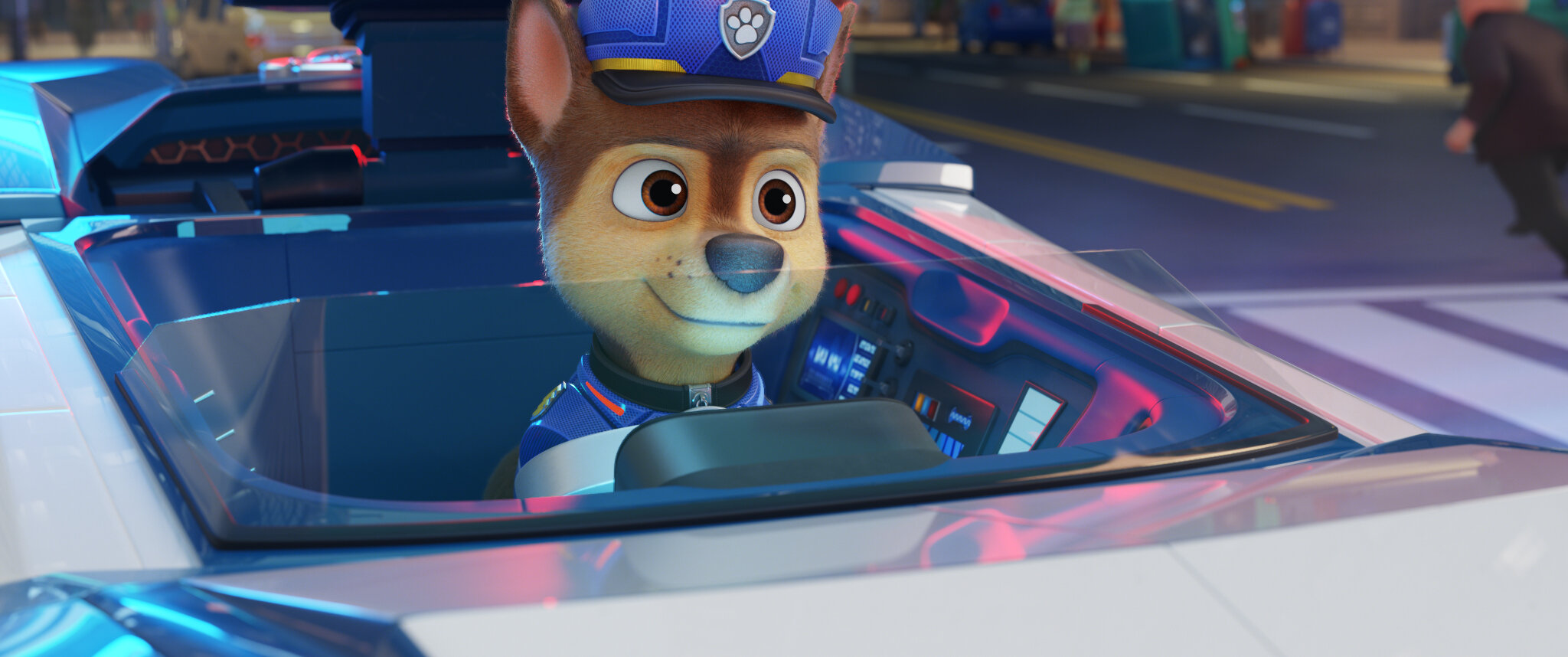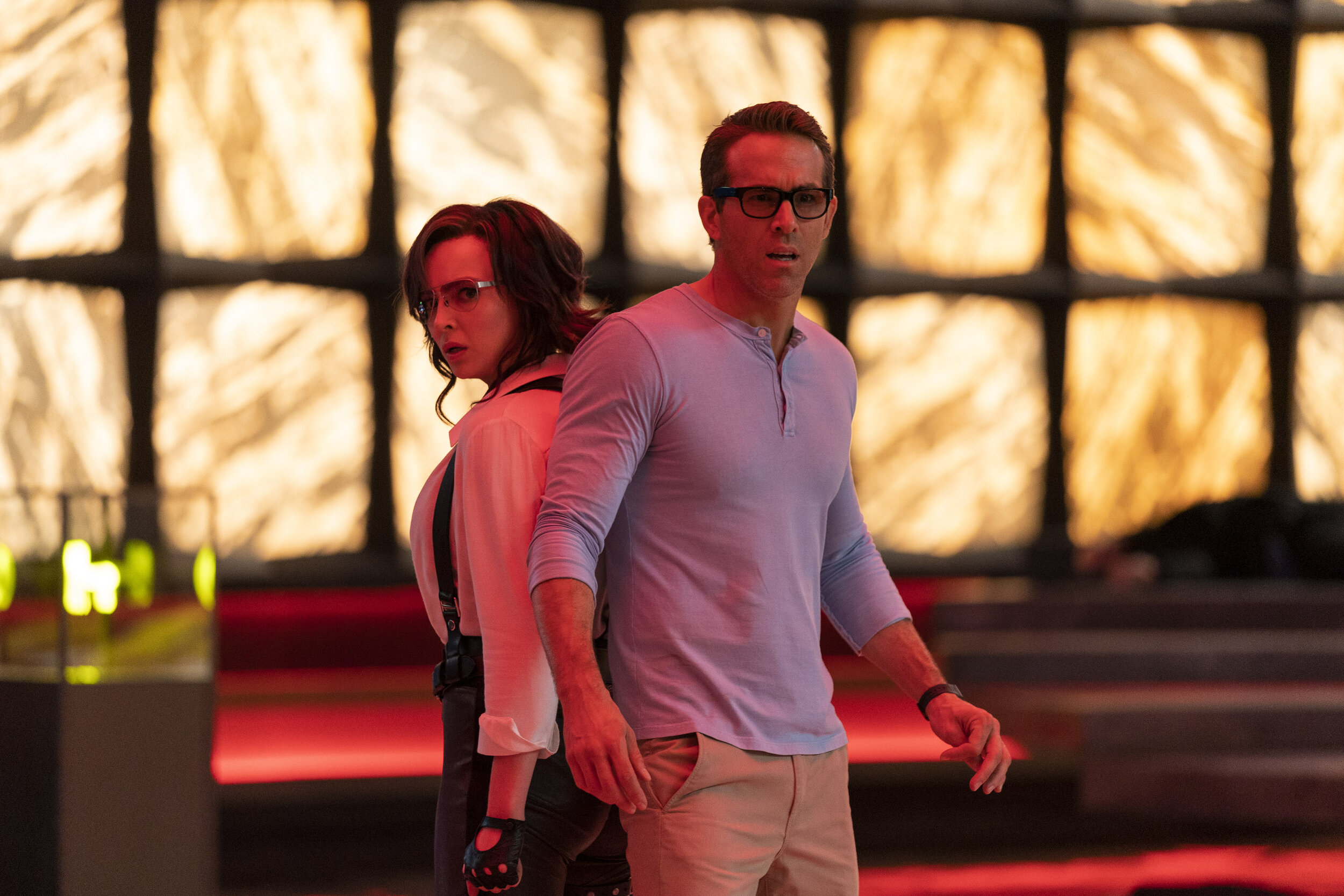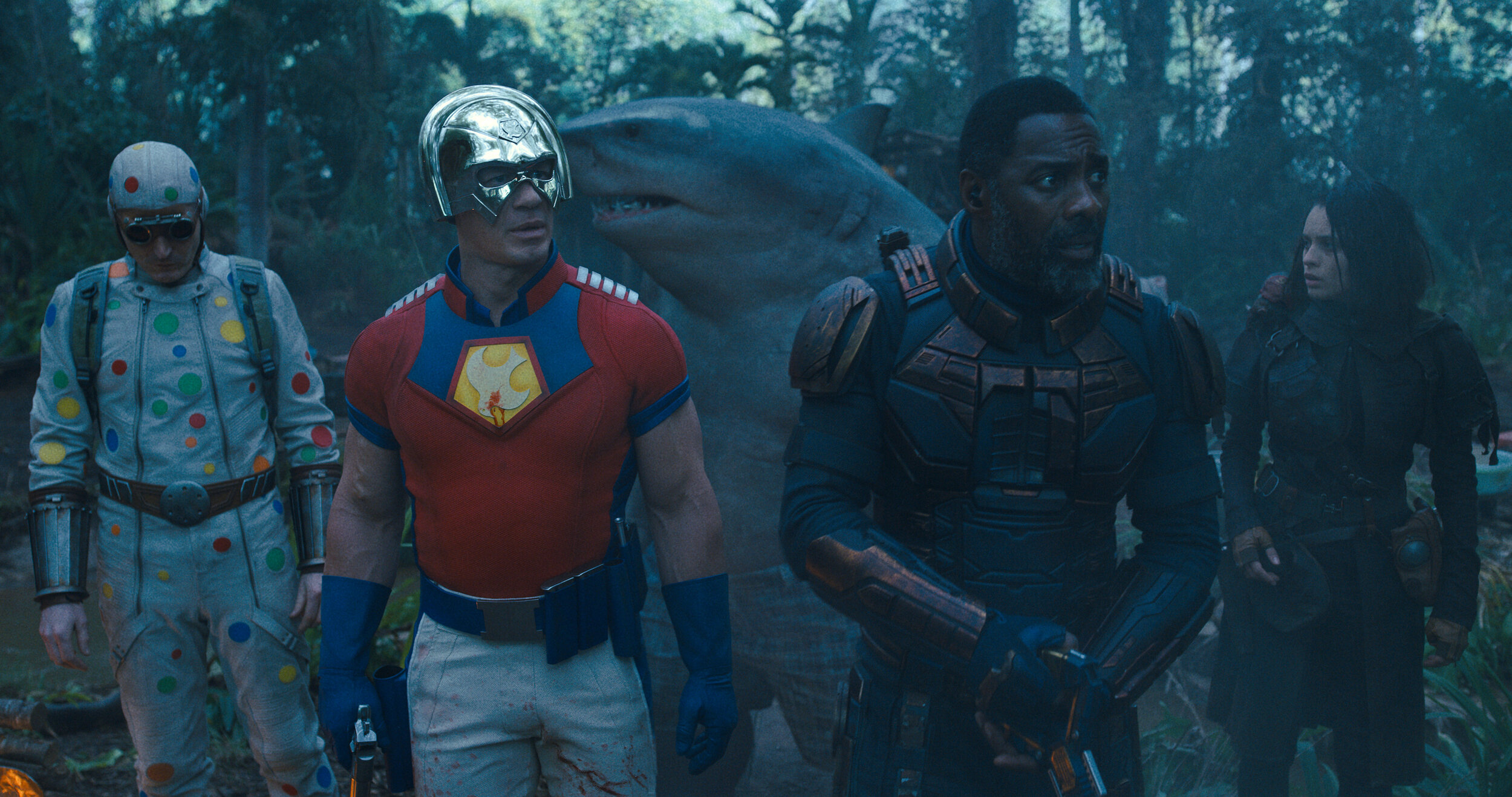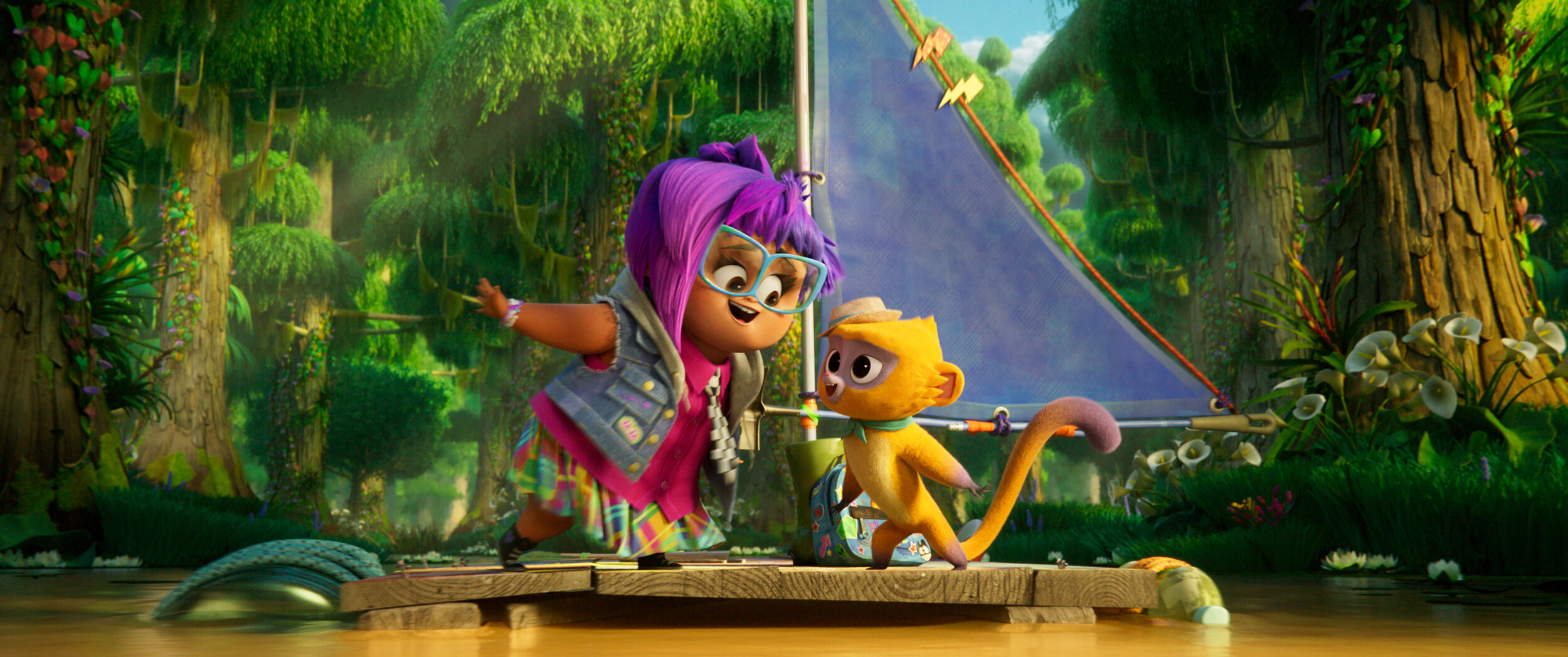Review: 'PAW Patrol: The Movie' is children's entertainment so inoffensive, it's kind of insulting
Who on earth would get their first exposure to the “PAW Patrol” franchise via its first movie, imaginatively titled “PAW Patrol: The Movie?”
Maybe divorced dads who had custody of their tykes on opening weekend, having never watched the popular TV series or encountered the vast array of officially licensed “PAW Patrol” merchandise — a selection that actually gets mentioned in the movie, in the closest thing this kids-only entertainment ever gets to being meta.
Well, that’s not true. There is the moment where the PAW Patrol’s nemesis, the cat-loving and corrupt head of Adventure City, Mayor Humdinger (voiced by Ron Pardo, a series regular), says, “I’m an unqualified elected official. What could go wrong?” No word yet on how many COVID-19 cases Adventure City has reported this week.
There is a plot, flimsy though it may be: After having rescued everyone who needs rescue in their town of Adventure Bay, the PAW Patrol — six brave, resourceful and ridiculously well-equipped puppies, led by a human boy, Ryder (voiced by Will Brisbin) — heads for the big city. There, they face the newly elected Mayor Humdinger, whose new initiatives, such a loop-de-loop roller coaster track grafted onto the subway system, inevitably lead to catastrophe. Of course, it’s up to our pups to save the day.
The pups have color-coded uniforms, which is easier than giving them distinctive character traits. Only two puppies have meaningful story arcs: Chase (voiced by “Young Sheldon’s” Iain Armitage), dealing with his anxiety about returning to Adventure City, where he was abandoned as a younger pup; and a new character: Liberty (voiced by “black-ish” teen Marsai Martin), a street-smart weiner dog whose knowledge of the city comes in handy for these out-of-town pups.
Director Cal Brunker (who also made “The Nut Job 2: Nutty by Nature” and “Escape From Planet Earth”) knows he’s dealing with a property whose audience has a short attention span. That’s why he cuts in frequently with soundtrack cuts set to montages, to give kids the opportunity to get their wiggles out. Brunker also, smartly, enlists some familiar names for the voice cast — a list that includes Tyler Perry, Yara Shahidi, Dax Shepard, Randall Park and Kim Kardashian West — who, I’m wagering, wanted on board because their kids watch this show to distraction.
Even by the lowered standards usually applied to kiddie movies, “PAW Patrol: The Movie” is a chore to watch. When the innocuous puppy characters hop into their rescue vehicles and hit the streets, my first thought — one that a quality animated movie would never inspire — was how many toys this movie was trying to sell me. Even if your kids are clamoring to see this movie, try to dissuade them — or, at least, get it for them streaming (it’s available on Paramount+) — because life is too short for children’s movies as drab and as studiously inoffensive as this one.
——
‘PAW Patrol: The Movie’
★★
Opens Friday, August 20, in theaters, and streaming on Paramount+. Rated G. Running time: 88 minutes.







